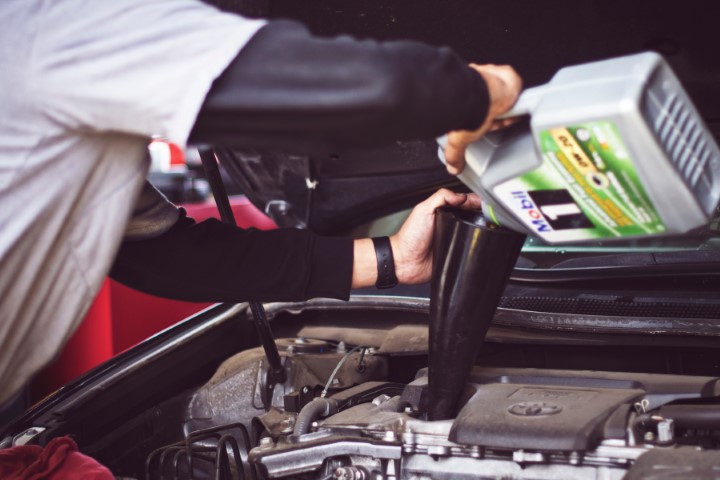 Cars are an essential part of our lifestyle. Most of us use them on an almost daily basis, whether to get to work, take the children to school, visit the shops or head further afield for a fun day out.
Cars are an essential part of our lifestyle. Most of us use them on an almost daily basis, whether to get to work, take the children to school, visit the shops or head further afield for a fun day out.
Unsurprisingly, this makes them one of the most expensive elements of our lifestyle too. In addition to the initial cost, vehicle owners must invest in insurance, fuel, and maintenance.
There are many ways that you can save when purchasing a vehicle. Used cars are significantly cheaper than new cars, or you can look into leasing a vehicle on a long-term loan. It’s worth remembering that improving your credit score will give you better rates for loans like car financing.
However you choose to buy, you’ll want to get the best bang for your buck. Keeping your car in good condition will save you money during your years of ownership and will help to maintain the vehicle value and maximise the resale price.
The best way to protect your car against wear and tear is by getting it serviced at least annually. This means that issues are identified quickly and resolved more quickly. Remember that your MOT check is a legal requirement that must be done each year.
The value of regular car checks is also related to the resale. A record of frequent servicing indicates to future buyers that the car has been well cared for.
Here are the key checks that you should perform as a car owner to ensure the health of your vehicle.
Key car checks to do at home
Do you investigate the inner workings of your vehicle before setting out on a journey? Especially if you’re looking at a long drive, this is key to protecting yourself against the possibility of breakdown.
The RAC recommends remembering the acronym FORCES which stands for Fuel, Oil, Rubber, Coolant, Electrics, Screen wash. Here’s how to check each element:
- Fuel
Turn on your ignition and see where the marker on your fuel gauge lands. Make sure that you have more than enough fuel for your journey, and avoid driving in the red zone.
- Oil
Low oil levels can cause catastrophic damage to your car over time. Open the bonnet and check that the oil level is between minimum and maximum by identifying the mark on your dipstick.
- Rubber
Analyse your tyres to check for correct pressure, splits and bulges, and the depth of the tread. You can use a 20p coin to ensure that the tread depth meets the minimum 1.6mm.
- Coolant
Without the right amount of coolant, your engine could freeze or overheat. Check the level when the engine is cold to make sure it matches the amount specified in your handbook.
- Electrics
Your car electrics are key to keeping you safe, from your headlights and brake lights to your system safety warnings. If you notice broken bulbs or battery issues, take your car to a garage.
- Screen wash
Visibility is vital to ensuring safety on the road, for you, other drivers, cyclists and pedestrians. Keep your screen wash topped up regularly so you can clean your windshield at any time.










